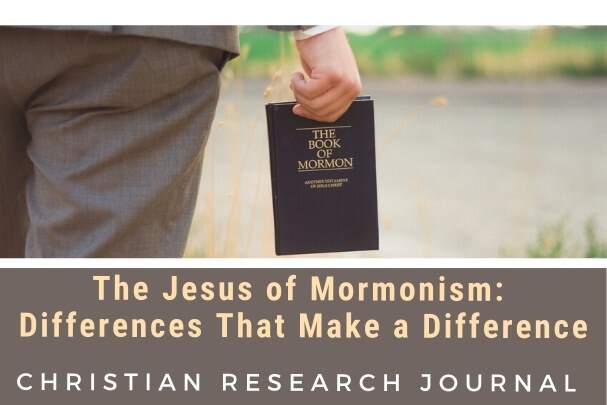This used to be one of my favourite hymns at school - the language was so rich and dramatic, set to a rousing tune.
However, learning about William Blake’s non-conformist religious views in literature studies made me think it was ironic that this part of his Milton poem should have been adopted as an English hymn, sung in Churches and School Assemblies all over England for many years - and even more ironic that many people see it as a patriotic anthem and favour it as a National Anthem, when Blake was so radically anti-establishment and anti-monarchy - supporting both the French and American Revolutions.
I have never truly understood the meaning of the Jerusalem verses - does anyone really know what he meant by it all? It was recorded that Blake himself talked of having religious visions, so maybe we can never fully understand what was going through his mind when he wrote these verses?
Dark Satanic Mills? Was that the Mills of industrial Britain enslaving people and blighting the green and pleasant land ? - or was it a poetic device to compare it to Blake’s view that the power of the Church and Universities had taken over to control and blight people’s minds, and curb their free thought and expression?
Blake mentions the Mills of Satan in several other places in his Milton poem, in verses which suggest he is not speaking literally about industrial mills, maybe.
I got the impression that “I will not cease from mental fight …. til we have built Jerusalem” was a metaphor for the struggle against the “established order” - in Blake’s view, the established figures of authority and religions, like the Monarchy, the established Churches and even the Universities had confined people’s thoughts and understanding and this oppression needed to be fought against - Blake’s preface to the “Jerusalem” verses is clearly calling on artists to reject the rules of the established order and pursue radical free expression.
“The stolen and perverted writings of Homer and Ovid, of Plato and Cicero, which all men ought to contemn, are set up by artifice against the Sublime of the Bible; but when the New Age is at leisure to pronounce, all will be set right, and those grand works of the more ancient, and consciously and professedly Inspired men will hold their proper rank, and the Daughters of Memory shall become the Daughters of Inspiration. Shakspeare and Milton were both curb’d by the general malady and infection from the silly Greek and Latin slaves of the sword.”
“Rouse up, O Young Men of the New Age! Set your foreheads against the ignorant hirelings! For we have hirelings in the Camp, the Court, and the University, who would, if they could, for ever depress mental, and prolong corporeal war. Painters! on you I call. Sculptors! Architects! suffer not the fashionable fools to depress your powers by the prices they pretend to give for contemptible works, or the expensive advertising boasts that they make of such works: believe Christ and His Apostles that there is a class of men whose whole delight is in destroying. We do not want either Greek or Roman models if we are but just and true to our own Imaginations, those Worlds of Eternity in which we shall live for ever, in Jesus our Lord.”





